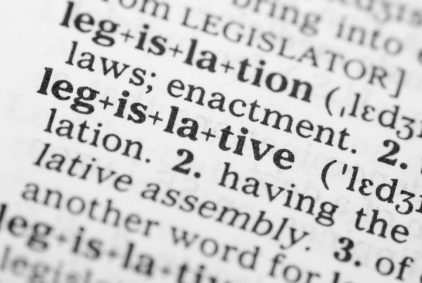
From April 6, 2017, academies will have to judge whether any third-party contractors they engage are self-employed or are caught within the controversial “IR35” rules, designed to detect disguised employment.
Currently, individuals and experts who supply their services to academy schools through their own companies, such as supply teachers and consultants, have the right to assess their own tax position and decide whether the IR35 rules apply. But under the new rules, they will lose this right, and it will be down to the schools to decide if PAYE applies.
Bishop Fleming, the UK’s second largest firm of accountants for academy schools, has already raised concerns about the future viability of academy schools, due to a lack of public funding and spiralling staff costs.
Partner and academy specialist, Pam Tuckett, said: “Academy schools are being saddled with an onerous task for which they have limited technical expertise. IR35 is a complex set of rules concerning employment status that have evolved under case law over the last 100 years, as evidenced by the government’s own lengthy and complicated guidance notes.”
HM Revenue and Customs (HMRC) is currently working on an automated tool to assist schools with the task, though Ms Tuckett was sceptical that it would actually be ready by April and would in any case be far too biased in favour of employment status, and would not be an adequate substitute for proper professional advice.
Ms Tuckett explained: “Academies (and agencies) will probably want to ‘play it safe’ and deduct PAYE and NIC in most circumstances, meaning many genuinely self-employed contractors could be unfairly taxed. This will push up the wage bills of academies as they will have to pay employers’ National Insurance Contributions (NICs) on the contractor payments, at a time when seven out of ten academy schools are already suffering losses.”
The Bishop Fleming specialist added that supply teachers and other education experts may stop working for schools, taking with them their considerable specialist knowledge that would be hard to find amongst the dwindling number of remaining school teachers.
“Contractors will look for work in the private sector, where the new rules do not apply, and where they can still judge the matter for themselves, thus avoiding having PAYE and NIC deducted where it is not due,” she said.
Even where IR35 is deemed to apply, indicating that a contractor is an employee of the school, the individual will not receive any employment rights from the client unless they have a contract of employment. “That is quite a bizarre set of circumstances,” explained Pam Tuckett. She envisaged more cases could be taken to tribunal on employment rights in future as a result, adding to the headache for academies.
She added that the new rules could even apply retrospectively, in that any payments made to contractors on or after 6 April 2017 will be subject to the new regime, even though the work had been carried out by the contractor before this date. Ms Tuckett warned that the changes could also lead to contractors having their past employment status examined by HMRC as part of its crackdown on disguised employment.
She argued that the government would be better to await the outcome of its own review of the wider issues at stake, rather than rushing through an administratively costly change in a very short timescale.
“The new rules will be a burden on academy schools at a time when the education sector is already under pressure from funding restrictions and rising pupil numbers.” advised Ms Tuckett.
Don’t forget to follow us on Twitter, like us on Facebook, or connect with us on LinkedIn!


Be the first to comment